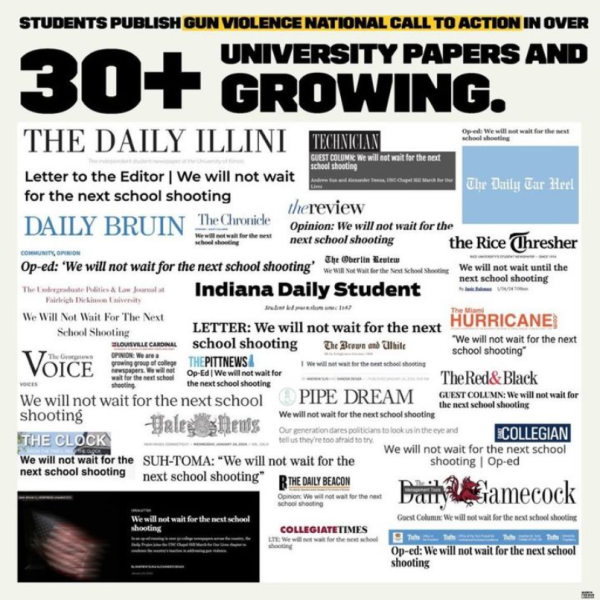After COVID-19 surge, Germany weighs sweeping nationwide vaccine mandate
December 15, 2021
After months of fierce debate, political leaders in Germany came to a consensus that would ban unvaccinated people from all restaurants/bars, movie theaters, and other nonessential businesses to help boost the country’s vaccination rates. According to the European Centre for Disease Prevention and Control, 68.4% of Germany is currently fully vaccinated, roughly 2.5% higher than the vaccination rate of Europe as a whole.
Germany had the second-highest number of cases in the last four weeks, which amounted to around 1.3 million positive tests and 6,222 deaths. The secretary-general of Germany’s Social Democratic Party of Germany (SPD), Lars Klingbeil, informed the German broadcast company ZDF about his viewpoint. He claimed that if these new restrictions won’t soon encourage all of the unvaccinated people in the country to get the shots, then politicians would have to take immediate action, considering a nationwide mandate for everyone. Former Chancellor Angela Merkel and her successor Olaf Scholz, two prominent supporters of the vaccine mandate, proposed legislation that would let lawmakers vote on the issue by February.
Several lawmakers already want to make the vaccine mandatory for all German citizens. Moreover, the people of Germany are leaning towards stricter vaccination laws. According to a survey conducted by Intrafest on November 4, 57% of all German citizens over 18 support it, while 39% are not. In addition, a similar survey that has been given out monthly since the implication of any COVID-19 measures and doesn’t represent the entire population of Germany conducted by the same company highlights how 75% of the respondents either think this ban is appropriate or it needs to go farther. In comparison, 23% of the respondents believe that the measures go too far, as many people rely upon quickly dining at a small restaurant during their work break or for breakfast.
Ralf Reinjtes, a professor of epidemiology at the Hamburg University of Applied Sciences, shared his thoughts about the ban with CNBC’s “Street Signs Europe.”
“I’m very glad that the first steps in the right direction have been taken. It’s more than urgent that new measures come and contact is reduced and people get vaccinated,” Reinjtes said.
However, Reinjtes and his colleagues are pondering whether the new restrictions on the unvaccinated people proposed during this recent surge of COVID-19 cases will be sufficient to lower the rate of infected individuals. “It would have been better to have measures like these earlier,” claims Reintjes.
Overall, given the seemingly eternal reign of COVID-19 and its devastating impact, public support for these new measures varies considerably, but it still leans toward a nationwide mandate. From Oct. 4 to Nov. 4, the number of people who thought the current steps were appropriate dropped by 14%, while the number of people who believed that the current measures needed to be reinforced further skyrocketed up by 16%. However, a puzzling question asked by Reinjtes remains at large: Will these new measures be effective in lowering the rates of COVID-19 cases? As of now, only time will tell.



